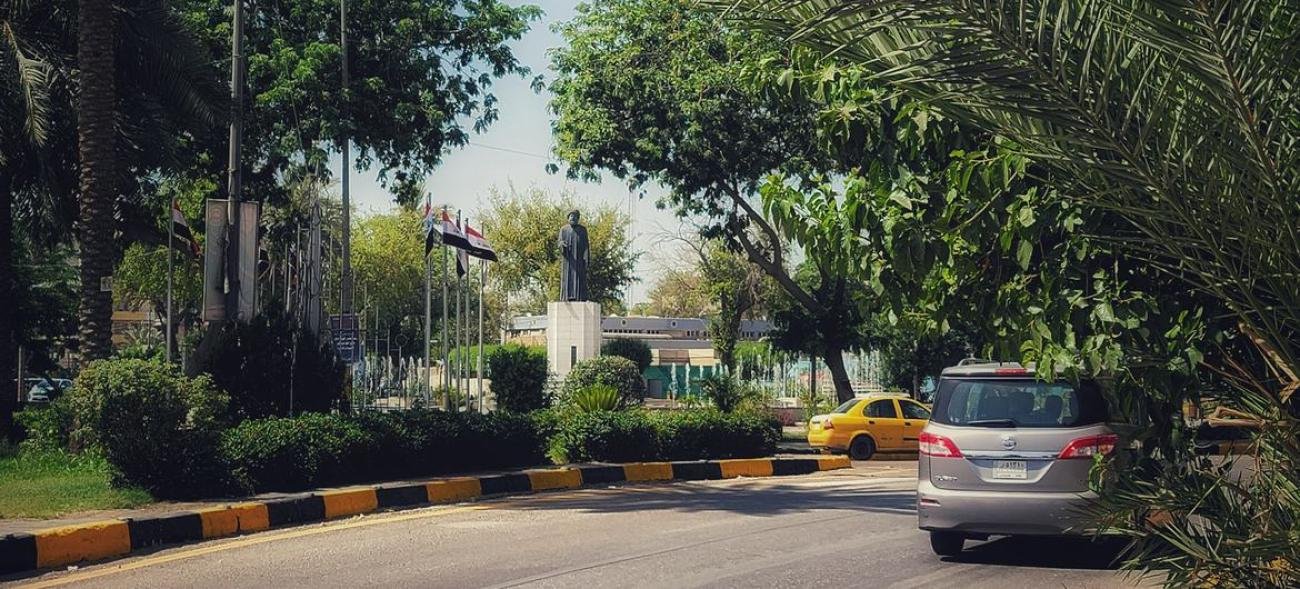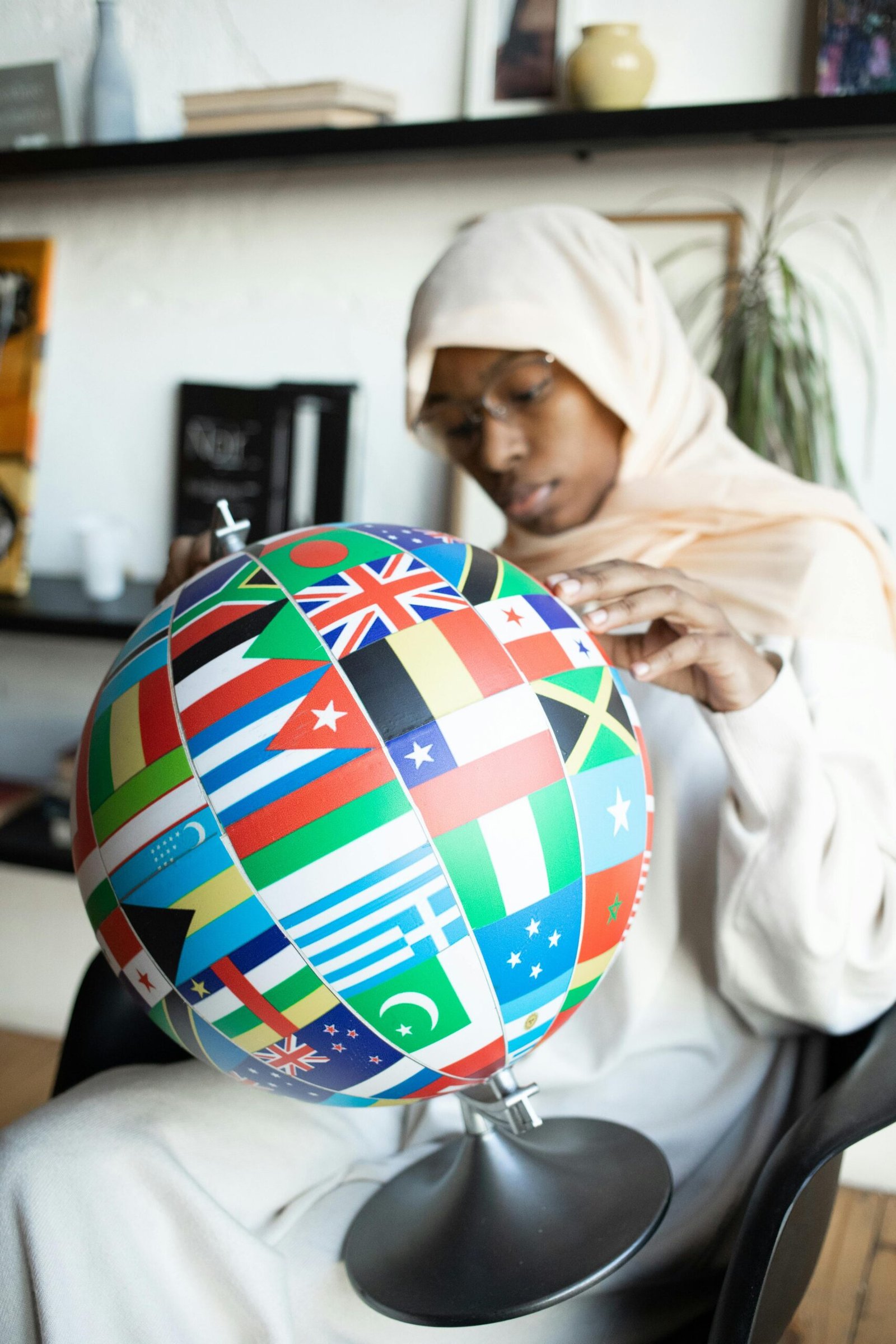
When I travelled to Baghdad a month ago to assume my duties in Iraq to help coordinate our support to the government and people in need, the land of the two rivers was totally different from what I had seen two decades ago when I first worked in Iraq. Dust, pushed up by hot winds filled the air. Swathes of arid land dotted by stubborn palm trees were patiently struggling to withstand the elements of nature. This is not the Mesopotamia as described in the history books, the land of civilizations. When I asked Iraqis and others who have been here for many years, I was told it was never like this before. Clearly, climate change has taken its toll on this country.
In the course of my profession, I’ve been to so many countries and I’ve seen many problems, but the effects of climate change here are dramatic. This beautiful and fertile land, known throughout history for civilizations sprouting around the mighty rivers Tigris and Euphrates, now stands on the frontline of a global climate crisis as the world’s 5th most vulnerable country.
I would have liked to be more positive in my first address to the Iraqi public, but the reality is hard to hide. I must say that all is not lost. There is hope to turn things around, and it is for the Iraqis to take the lead.
With the 27th UN Climate Change Conference – COP27 – proceeding in full swing in Sharm El Sheikh, Egypt, it is important to look at environmental issues and challenges in Iraq and what needs to be done about them. COP27 will build on the outcomes of COP26 and respond to the acute global climate emergency – from urgently needed mitigation efforts in cutting greenhouse gas emissions, to building resilience and adapting to the inevitable impacts of climate change. COP 27 needs to deliver on the commitments to finance climate action in developing countries, including Iraq. COP 27 is an important opportunity for world governments to stick to and further develop their climate commitments (Nationally Determined Contributions) while transferring the climate change spirit and awareness back to Iraq.
We all are aware of the problems here: extreme weather events and changes in climate patterns such as heat waves, heavy rains, rising temperatures and increased variability and unpredictability of rainfall; sand and dust storms; prolonged droughts; land degradation; flash floods; and water scarcity.
In 2021, Iraq experienced its second driest season in 40 years due to record low rainfall. Over the last 40 years, water flows from the Euphrates and Tigris, which provide up to 98% of Iraq’s surface water, have decreased by 30-40 percent. The historic marshlands in the south, a natural heritage wonder, are drying up. Iraq’s temperatures are soaring, with the highest of nearly 54°C recorded in Basra. Low river water means seawater is pushing into southern lands, with salination threatening agriculture. The livelihood and even existence of entire communities are at stake.
Climate change in Iraq not only affects Iraq’s agricultural sector but also is a severe threat to fundamental human rights, creates barriers to sustainable development and worsens the country’s environmental, security, political, and economic challenges.
The data and science are clear. While climate change is affecting many countries, some of the measures to mitigate its impact start at home.


